The Euraxess July newsletter is promoting the following opportunities that are relevant to Bournemouth University:
CONFAP-UK Academies: Fellowships, Research Mobility, and Young Investigator Awards for UK researchers in Brazil
Brazilian State Funding Agencies, articulated by its National Council (CONFAP), have launched a call for proposals offering support to researchers based in UK Universities and Research Institutions to spend from two weeks to four years working in research in Brazil, in collaboration with local colleagues.
The call offers support for researchers in the UK through:
a) Fellowships
b) Research Mobility Grants
c) Young Investigator Grants comprising a scholarship plus a research funding grant.
These Newton Fund activities offer an opportunity for UK researchers to develop the strengths and capabilities of their research groups through training, collaboration and reciprocal visits with a partner in some of the best research groups in the Brazil.
The second round of applications is now open and will close on 23 October 2015.
Science Slam
Do you have links with an Early Stage Researcher based in ASEAN, Brazil, China, India, Japan or North America? Then direct them to this scheme. First prize is a free trip to Europe, a one-day science communication workshop and a meeting with European Commission representatives in Brussels, Belgium, and a meeting at a European research institution of their choice! Closing dates are in September but applicants will need to check the information for their region.
Environmental sustainability in Europe and India
TECO “Technological Eco-Innovations for the Quality Control of Polluted Waters and Soils” is a new project funded by the European Union and coordinated by the Italian National Research Council (CNR) with the partnership of the National Environmental Engineering Research Institute (NEERI – India).
The goal of TECO is to improve and promote collaborations between Europe and India in the field of environmental sustainability.
Grants are provided for the mobility of European researchers, engineers and experts to spend up to three months in Indian research institutes or private companies to open new professional collaborations and to develop innovative ideas in the field of new technologies applied to the decontamination of waters and soils.
The deadline is 15 September 2015. The mobility program will start from January 2016.
Newton Funding Opportunities (see also previous blog post)
There are currently 24 opportunities listed as open for applications by the Newton fund.
Locations include: Egypt, India,Indonesia,Kazakhstan,Mexico,Philippines,South Africa,Vietnam, Brazil, Turkey and Chile. A wide range of disciplines is also represented, from Agriculture to Rapid Urbanisation.
British Academy Newton Advanced Fellowships (see also previous blog post)
Newton Advanced Fellowships provide early to mid-career international researchers with an opportunity to develop their research strengths and capabilities, and those of their group or network, through training, collaboration and visits with a partner in the UK.
Sign up to receive your own copy of the Euraxess Newsletter so that you are the first to know about international opportunities.
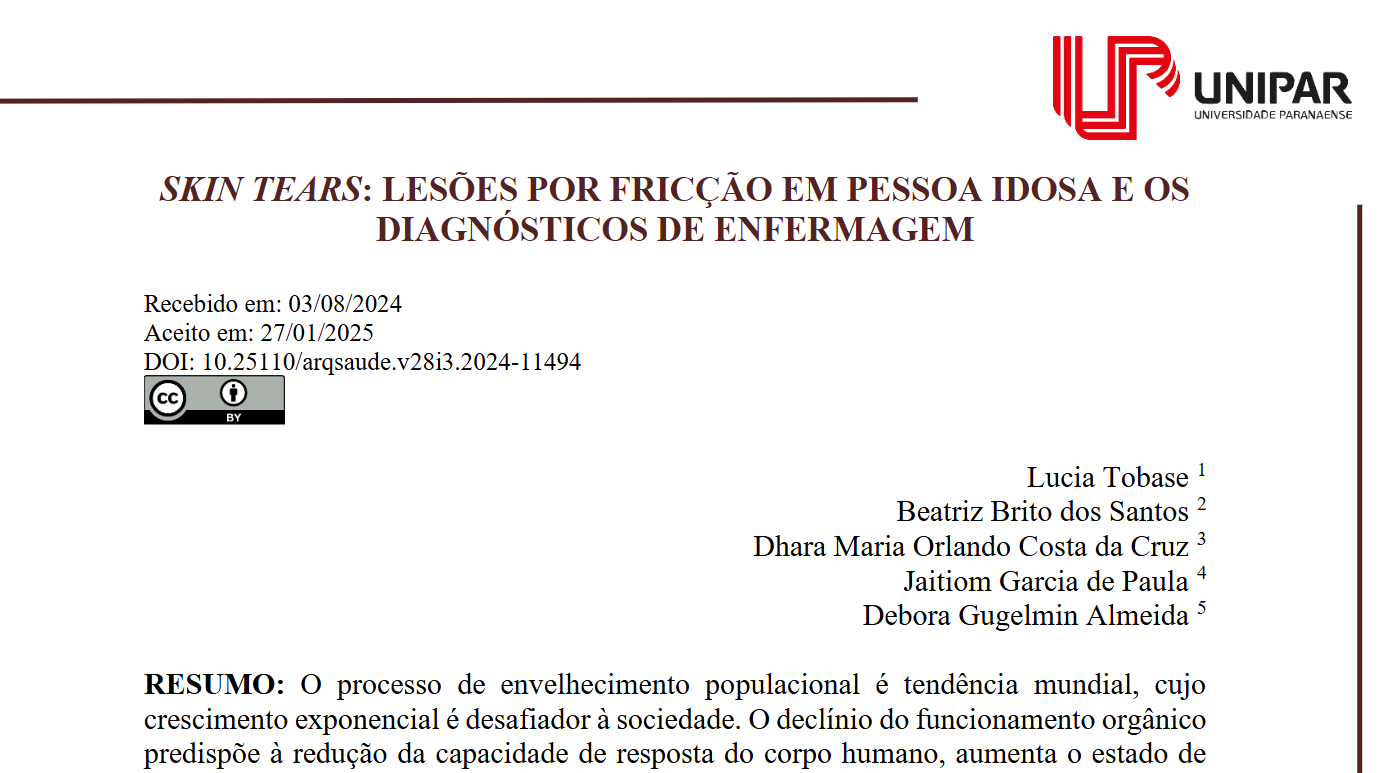 Congratulations to Dr. Debbie Almeida in the Faculty of Health & Social Sciences, who published her latest article late last month colleagues and students. This article SKIN TEARS: FRICTION INJURIES IN THE ELDERLY AND NURSING DIAGNOSES is in Portuguese and addresses the decline in organic functioning predisposes to a reduction in the human body’s response capacity, increasing the state of vulnerability and fragility of the elderly, especially in relation to the skin. This work aimed to organize nursing diagnoses to support nurses in proposing intervention and care for elderly people with friction injuries or skin tears. Exploratory study, carried out in two stages, with a literature review from December/2022 to March/2023, and structuring of nursing diagnoses. Eleven studies published in the last ten years on skin tears in elderly people were analyzed and 14 nursing diagnoses were structured. Preventive, care and therapeutic measures for skin tears were addressed, as aspects to structure nursing diagnoses for elderly people. Assertive diagnoses are fundamental for the correct planning and implementation of committed and safe assistance, influencing the quality of life of the person assisted
Congratulations to Dr. Debbie Almeida in the Faculty of Health & Social Sciences, who published her latest article late last month colleagues and students. This article SKIN TEARS: FRICTION INJURIES IN THE ELDERLY AND NURSING DIAGNOSES is in Portuguese and addresses the decline in organic functioning predisposes to a reduction in the human body’s response capacity, increasing the state of vulnerability and fragility of the elderly, especially in relation to the skin. This work aimed to organize nursing diagnoses to support nurses in proposing intervention and care for elderly people with friction injuries or skin tears. Exploratory study, carried out in two stages, with a literature review from December/2022 to March/2023, and structuring of nursing diagnoses. Eleven studies published in the last ten years on skin tears in elderly people were analyzed and 14 nursing diagnoses were structured. Preventive, care and therapeutic measures for skin tears were addressed, as aspects to structure nursing diagnoses for elderly people. Assertive diagnoses are fundamental for the correct planning and implementation of committed and safe assistance, influencing the quality of life of the person assisted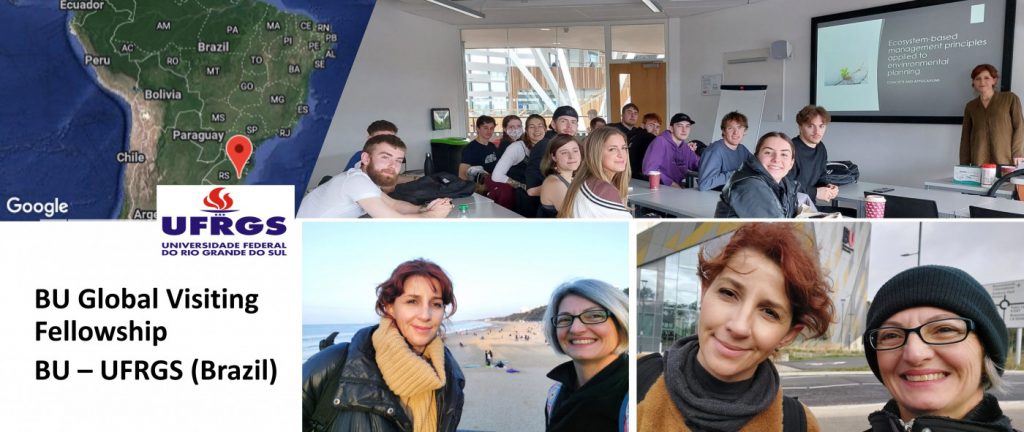

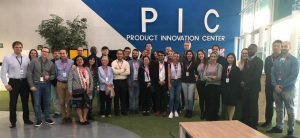
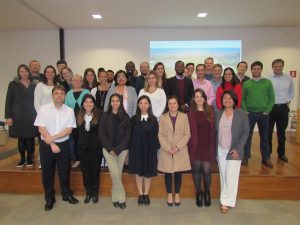
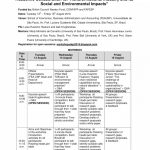
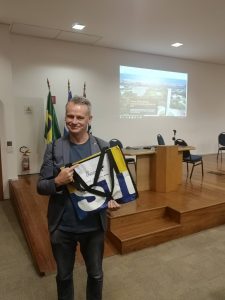

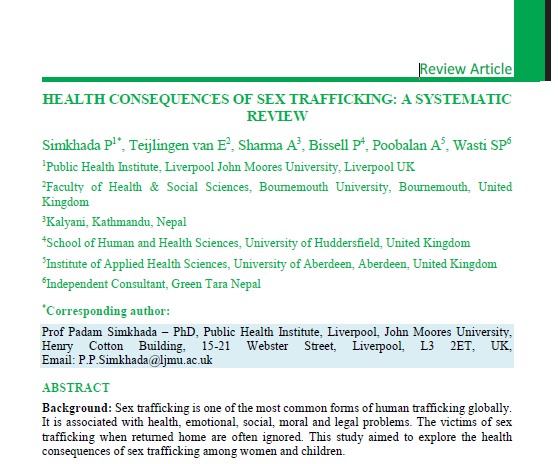
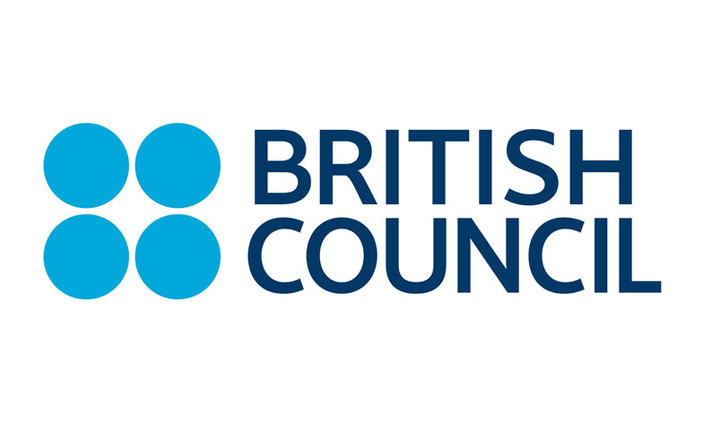
 Please see the calls currently open, or forthcoming, being offered through the
Please see the calls currently open, or forthcoming, being offered through the 
















 Expand Your Impact: Collaboration and Networking Workshops for Researchers
Expand Your Impact: Collaboration and Networking Workshops for Researchers Visiting Prof. Sujan Marahatta presenting at BU
Visiting Prof. Sujan Marahatta presenting at BU 3C Event: Research Culture, Community & Can you Guess Who? Thursday 26 March 1-2pm
3C Event: Research Culture, Community & Can you Guess Who? Thursday 26 March 1-2pm UKCGE Recognised Research Supervision Programme: Deadline Approaching
UKCGE Recognised Research Supervision Programme: Deadline Approaching ECR Funding Open Call: Research Culture & Community Grant – Apply now
ECR Funding Open Call: Research Culture & Community Grant – Apply now ECR Funding Open Call: Research Culture & Community Grant – Application Deadline Friday 12 December
ECR Funding Open Call: Research Culture & Community Grant – Application Deadline Friday 12 December MSCA Postdoctoral Fellowships 2025 Call
MSCA Postdoctoral Fellowships 2025 Call ERC Advanced Grant 2025 Webinar
ERC Advanced Grant 2025 Webinar Update on UKRO services
Update on UKRO services European research project exploring use of ‘virtual twins’ to better manage metabolic associated fatty liver disease
European research project exploring use of ‘virtual twins’ to better manage metabolic associated fatty liver disease